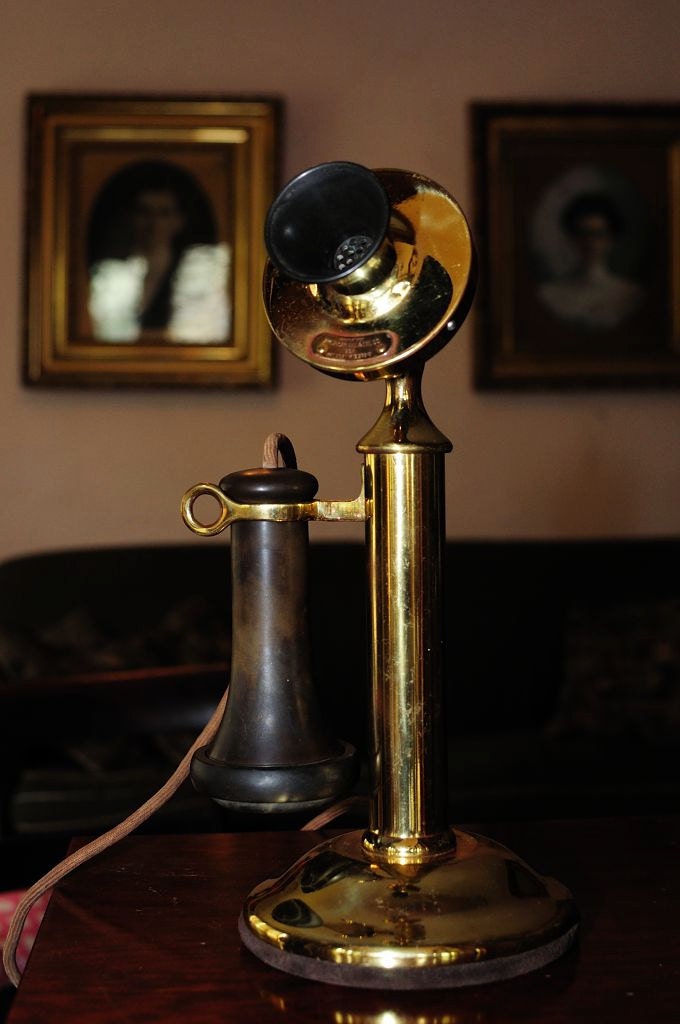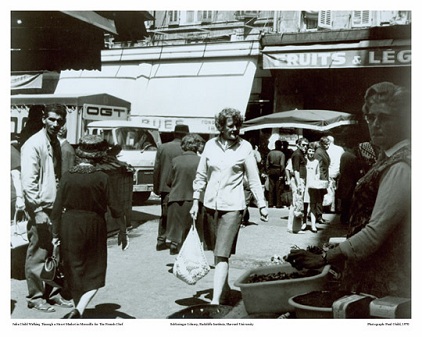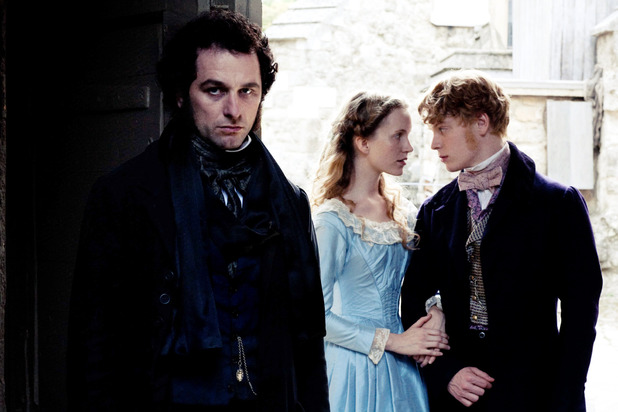This is what we have been waiting for! Ever since it was announced that a prequel was being made for the hugely popular Lord of the Rings series, fans have been speculating and eagerly anticipating its arrival. There were a lot of ups and downs that caused production to drag on and on, but Tolkein's original masterpiece has finally come to life.
I love the original Lord of the Rings movies and was very excited for this film. I saw it in IMAX 3D, but not in the new 48 FPS so my review won't comment on that aspect of it. Here are some of my thoughts:
-Though this is a prequel to the original films, there is a sense of nostalgia and "coming home". We are back in Middle Earth and simply seeing the Shire and Rivendell again will warm the hearts of any fan. Peter Jackson did a great job of keeping the scenery and feeling of each place consistent with the previous films.
-It was also nice to see how they were able to tie this story into what was to come later in LOTR. You don't have to have seen the original films in order to enjoy this one, but it is fun to make those connections. Scenes like when Bilbo finds the ring, when Saruman appears in council, or when Sauron (called the Necromancer here) enters the story all bring chills to those who know the roles they will play later.
-We see the return of many beloved characters in this film and the actors who play them do an excellent job. Andy Serkis is especially brilliant in his reprisal of Gollum. Equally brilliant is Martin Freeman as Bilbo. When I first heard that he had been cast as Bilbo, I knew that he would do an excellent job and I was right. Best known in America for his roles in Love Actually and the immensely popular Sherlock series, Freeman brings a sense of compassion, bravery, and comedic timing to the character and you can't help but root for him every step of the way. His scenes with Gollum are AMAZING and easily the best part of the movie.
-The biggest problem I had with this film is that it seemed to be too much. Compared to LOTR, The Hobbit is a pretty basic story with none of the epic tones found in the longer work. Yet Peter Jackson seems determined to bring the same epicness to this film as the others and it just doesn't quite work here. There is no real foundation for a story that large in scope and the weaknesses show. The Pale Orc backstory was pretty unnecessary, I thought, and simply slowed the pace of the film.
-Though Richard Armitage certainly gives a regal air to Dwarf leader Thorin Oakenshield, overall the Dwarf band is pretty weak as a group. Unlike the Fellowship of the Ring, we don't feel that we really know each individual member by the end of the film. There just isn't enough time spent developing the individual characters to make you care about each one.
If you loved the LOTR films, then this is a must watch no matter what anyone says. If have never seen the originals, or if you did not care for them, this may or may not be the best choice for you. It isn't a perfect film, but it was still wonderful to be back in Middle Earth and I am optimistic about where things will go in film number 2. The Hobbit: The Desolation of Smaug will be released December 13, 2013.
12 hours ago





































